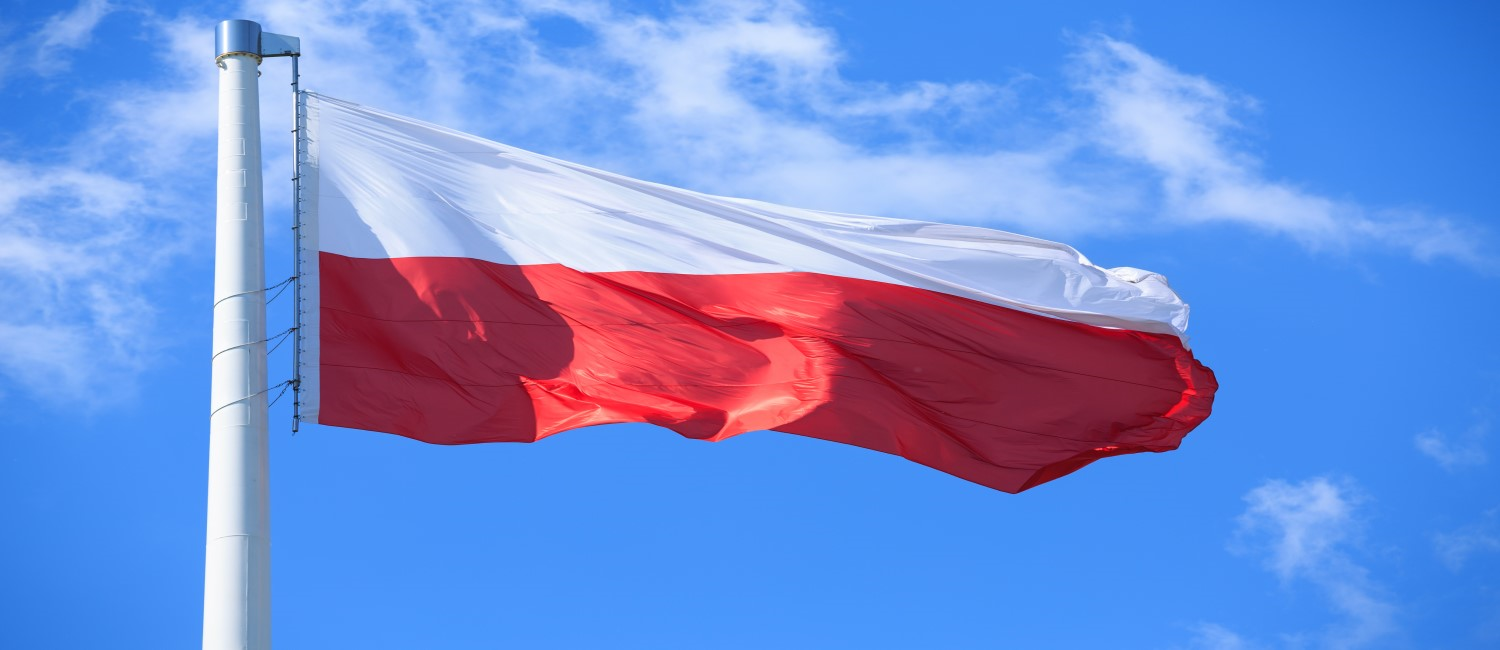Money laundering is a global issue that poses a significant threat to the financial system and the stability of economies. Colombia, like many other countries, has implemented strict Anti-Money Laundering (AML) regulations to combat this problem effectively. This guide will provide an overview of AML in Colombia, including the regulatory framework, key obligations, and best practices for compliance.
Colombia's Struggle Against Drug Trafficking and Money Laundering
Colombia, historically known for battling the smuggling of heroin and cocaine, has made substantial efforts to combat drug trafficking. Alongside its operations against drug traffickers, the Colombian government has implemented stringent AML regulations to curb the financial activities of criminals. Colombia is recognized as one of the countries effectively combating money laundering.
Regulatory Framework in Colombia
Colombia has a comprehensive AML framework governed by various laws, regulations, and government agencies. Key legislation and regulatory bodies include:
- Law 190 of 1995: This law established the legal framework for AML in Colombia. It defines money laundering, its penalties, and the obligations of financial institutions.
- Superintendency of Companies (Superintendencia de Sociedades): This regulatory authority supervises and regulates companies in Colombia to ensure compliance with AML regulations. It issues guidelines for companies to establish AML policies and procedures.
- Superintendency of Finance (Superintendencia Financiera de Colombia): This regulatory body oversees the financial sector, including banks, insurance companies, and securities markets. It enforces AML regulations for these institutions.
The Role of Colombia's Financial Intelligence Unit
The Financial Intelligence Unit of Colombia (UIAF) plays a pivotal role in preventing financial crimes within the country. Operating under the Ministry of Treasury and Public Credit, UIAF has several critical functions:
- Detecting and Preventing Money Laundering and Terrorist Financing: UIAF scrutinizes economic activities to identify and thwart money laundering and terrorist financing transactions.
- Collecting and Analyzing Reports: UIAF collects and analyzes reports from financial institutions to assess whether they contain signs of criminal activity.
- Reporting to Authorities: If necessary, UIAF reports suspicious activities to relevant authorities such as the Finance, Tax Office, and Prosecutor's Office.
- Conducting AML Studies: UIAF conducts research on AML issues and offers recommendations to enhance the effectiveness of AML measures.
Supporting Ministries in Colombia's AML Efforts
Colombia's fight against money laundering extends to multiple government bodies, each with distinct roles:
- The Ministry of Justice and Law: This ministry provides support and promotes government policies related to AML. It also develops new AML policies and offers guidance to organizations on AML compliance.
- The Ministry of Foreign Affairs: This ministry represents Colombia in international Anti-Money Laundering forums, highlighting the country's achievements in AML and Counter-Terrorist Financing (CTF). It ensures compliance with international AML regulations.
AML Obligations for Financial Institutions
Financial institutions play a critical role in the fight against money laundering. They are subject to strict AML obligations, including:
- Customer Due Diligence (CDD): Financial institutions must establish and maintain risk-based CDD procedures to identify and verify the identity of their customers. Enhanced due diligence is required for high-risk customers.
- Suspicious Transaction Reporting: Financial institutions are required to report any suspicious transactions to UIAF promptly. They must also keep records of transactions and customer information for a specified period.
- Internal Controls and Compliance Programs: Financial institutions must establish robust internal controls and compliance programs to detect and prevent money laundering. This includes appointing a compliance officer responsible for AML efforts.
- Training and Awareness: Employees of financial institutions must undergo AML training to recognize and report suspicious activities effectively.
- International Cooperation: Colombia collaborates with other countries and organizations to combat cross-border money laundering. This includes sharing information and coordinating investigations.
Sanction Scanner's Role in AML Compliance
To bolster AML efforts, businesses can turn to specialized services such as Sanction Scanner, which offers Sanction and Politically Exposed Person (PEP) screening services. Leveraging global data, the Sanction Scanner helps detect and prevent financial crimes effectively. It supports companies in their AML compliance processes while remaining cost-effective. Furthermore, Sanction Scanner offers Anti-Money Laundering solutions developed with artificial intelligence, enhancing the efficiency of AML compliance efforts.
In conclusion, Colombia's battle against money laundering is a multi-pronged approach involving various government agencies, regulations, and international cooperation. Combining these efforts with innovative solutions like those offered by Sanction Scanner can significantly contribute to a more secure and compliant financial environment in Colombia, ultimately deterring criminals from exploiting the financial system for illicit gains.




